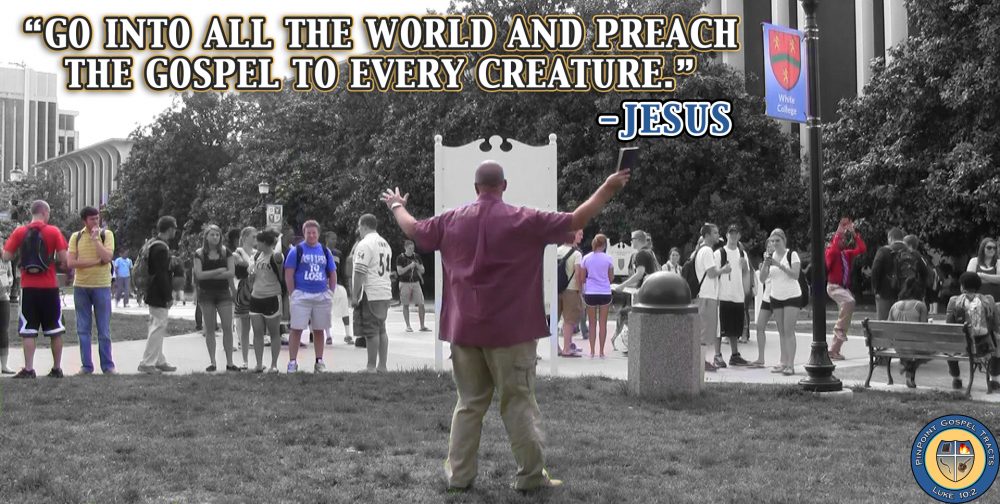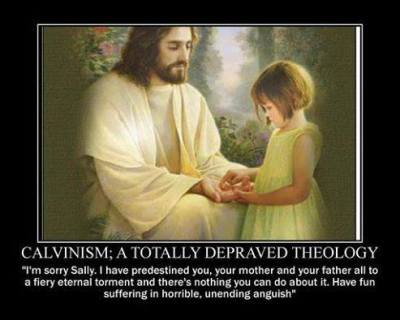In the last 8 years or so of dealing with Calvinists and Calvinism, I’ve found that many Calvinists are not very consistent with their theology. Of course there are some who are consistent with their theology, but they are few and far between. As I’ve debated with and attempted to reason with Calvinists, I’ve meditated upon things that they would say to me. There are many things that they really shouldn’t say, if they were consistent were their theology. Here’s a list of things that I don’t think a Consistent Calvinist should say:
1) “Jesus died for you” – They believe in the doctrine of “Limited/Definite Atonement” (the “L” of T.U.L.I.P.). This means that they believe that Jesus ONLY died for the “elect” – those that God chose for salvation, before He even began to create the Universe. Calvinists will also say that they don’t know who the elect are. If they don’t know who the elect are and Jesus only died for the elect, then they couldn’t possibly say this to ANYONE.
2) “God loves you” – Calvinists constantly cite Romans 9:13, in the hopes of proving “Unconditional Election” (the “U” of T.U.L.I.P.) – as I said above, this is the idea that God chose very few people for salvation and that He did this before He even began to create the Universe. Of course they twist this verse and commit eisegesis, since they are looking at Romans 9 through their “Calvinist eye glasses”. Yet, if the “U” of T.U.L.I.P. is correct and their interpretation of Romans 9:13 is correct, then there’s no possible way that they could say this to ANYONE.





